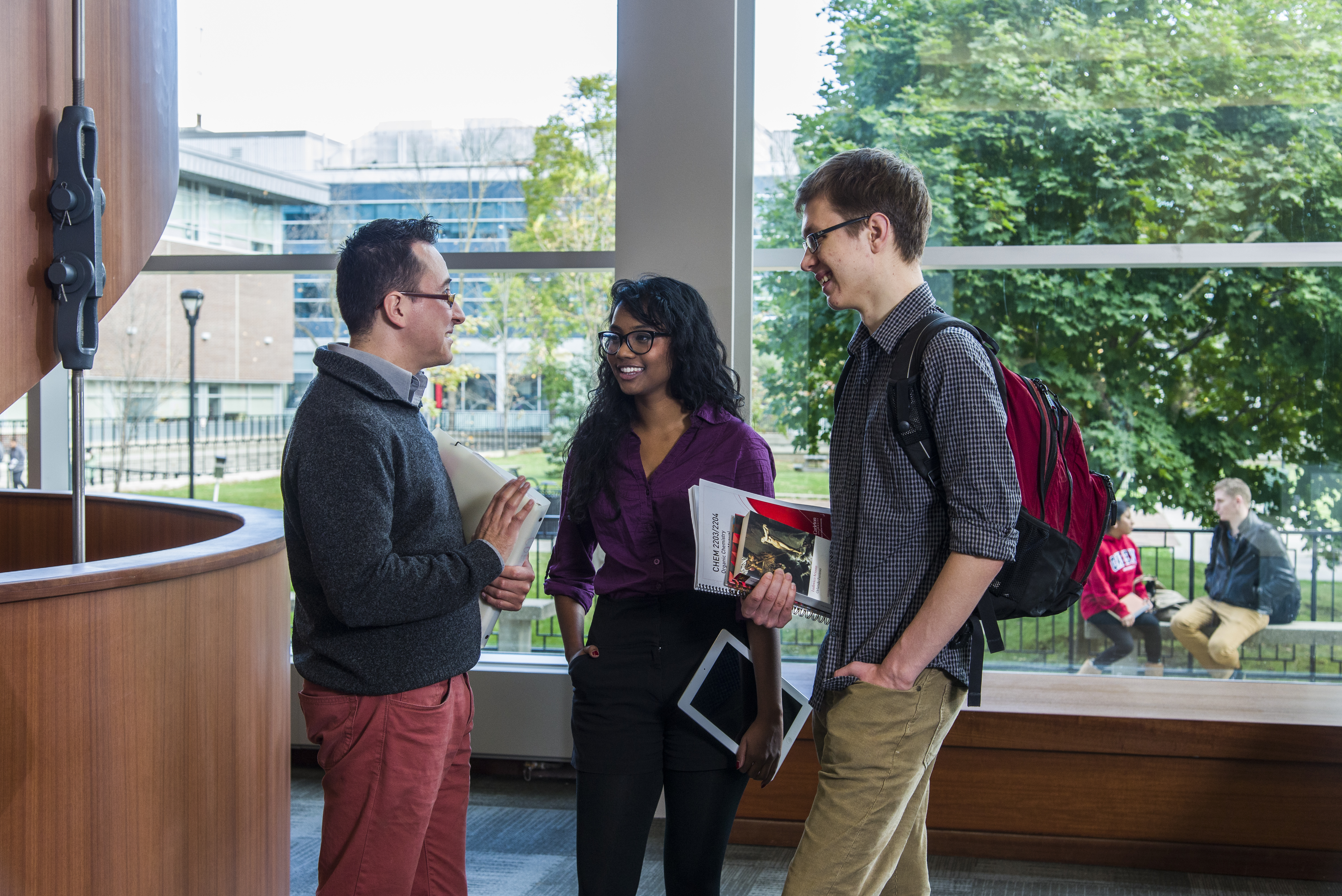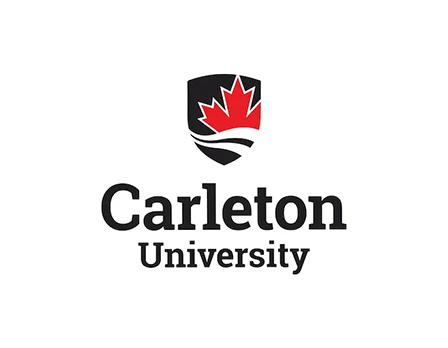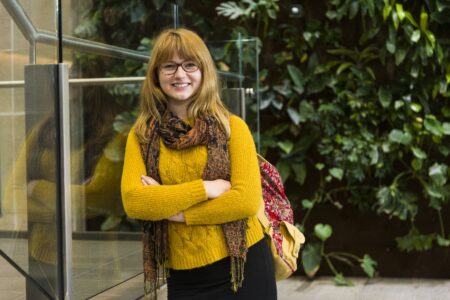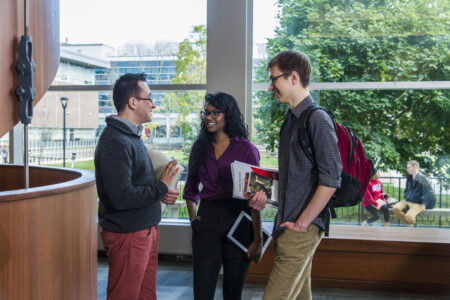The world is facing significant energy challenges. As populations grow, so does energy demand. In India, for instance, rapid urbanisation has led to frequent power shortages. Meanwhile, Germany’s transition to renewable energy — like wind and solar — shows progress but also faces challenges like high costs and storage issues. Balancing energy needs with environmental concerns requires innovation, investment, and global cooperation. It also requires an appreciation of the socio-technical nature of the energy system: technologies and costs matter, but so does policy, regulation, and societal acceptance.
This is where the sustainable energy engineering and policy postgraduate programme at Carleton University comes into play. This multidisciplinary programme equips students with the skills and knowledge necessary to tackle the complexities of the global energy transition. By fusing engineering principles with a deep understanding of policy, the programme aims to produce graduates who can contribute meaningfully to the decarbonisation of energy systems.
Carleton offers three two-year postgraduate degrees: a Master of Applied Science in Sustainable Energy (MASc), a Master of Engineering in Sustainable Energy (MEng), and a Master of Public Policy in Sustainable Energy and the Environment (MPP).
The Sustainable Energy Engineering and Policy programme has key courses such as Sustainable Energy Policy for Engineers (MASc and MEng), Sustainable Energy Engineering for Policy Students, Energy Evaluation and Assessment Tools, Policy Analysis, and Energy Economics.
In all master’s programmes, learning is by doing. For instance, MASc students apply mechanical or electrical engineering principles to practical challenges in research projects. MEng and MPP students take on a capstone project in their second year. Working in groups, they address a highly interdisciplinary problem and provide solutions for a real client—often an external company or municipality—with engineering and policy students engaging in a year-long collaboration.
Ten seminars and one to two field trips take learning beyond the classroom. Whether it takes them near or far, these experiences expose them to industry and government perspectives, further showing them how their interdisciplinary degree can boost their future career. Meanwhile, MASc students conduct cutting-edge research, staying attuned to the latest developments in their respective fields.
Whether in the field or in the lab, Carleton students have the support and guidance of faculty members. These are experts whose areas of focus include power systems engineering, wind turbine design, solar thermal energy, hydrogen technologies, and even advanced nuclear power. Their diverse expertise inspires students to explore various topics and research areas beyond their interests. Not only does this stretch this curiosity, but it also gives them the tools to take on the multifaceted threats facing the sustainable energy sector.
One such faculty-led research project currently underway at Carleton is a multi-million dollar initiative funded by the Government of Canada. It’s focused on retrofitting Canada’s buildings with technologies to reduce their energy consumption. Given Canada’s harsh climate, buildings need a lot of energy for heating and cooling, much of which is carbon-intensive. This project aims to develop and test innovative solutions to make buildings more energy-efficient.
Students get to work on their own projects too. MEng and MPP students can elect to do a co-op, working for up to eight months with industry or government partners. As Carleton is in Ottawa, close to many federal government agencies, they have good access to great places to gain experience in energy policy and related fields. The Co-op Office provides help in finding internships and collaborative projects. It runs a job board, organises job fairs, and holds mock interviews and resume reviews.
With all that the MASc, MEng, and MPP provide, graduates are well-equipped to land roles in the energy industry of the future. They may work as policy analysts in government, join the industry in roles focused on decarbonisation and strategic decision making, or go on to complete a PhD. However they plan their future, one thing’s for sure: they’re set to contribute to the world’s sustainable energy transition in meaningful ways.
Learn more about Carleton University.
Follow Carleton University on Facebook, X, LinkedIn, and Instagram













